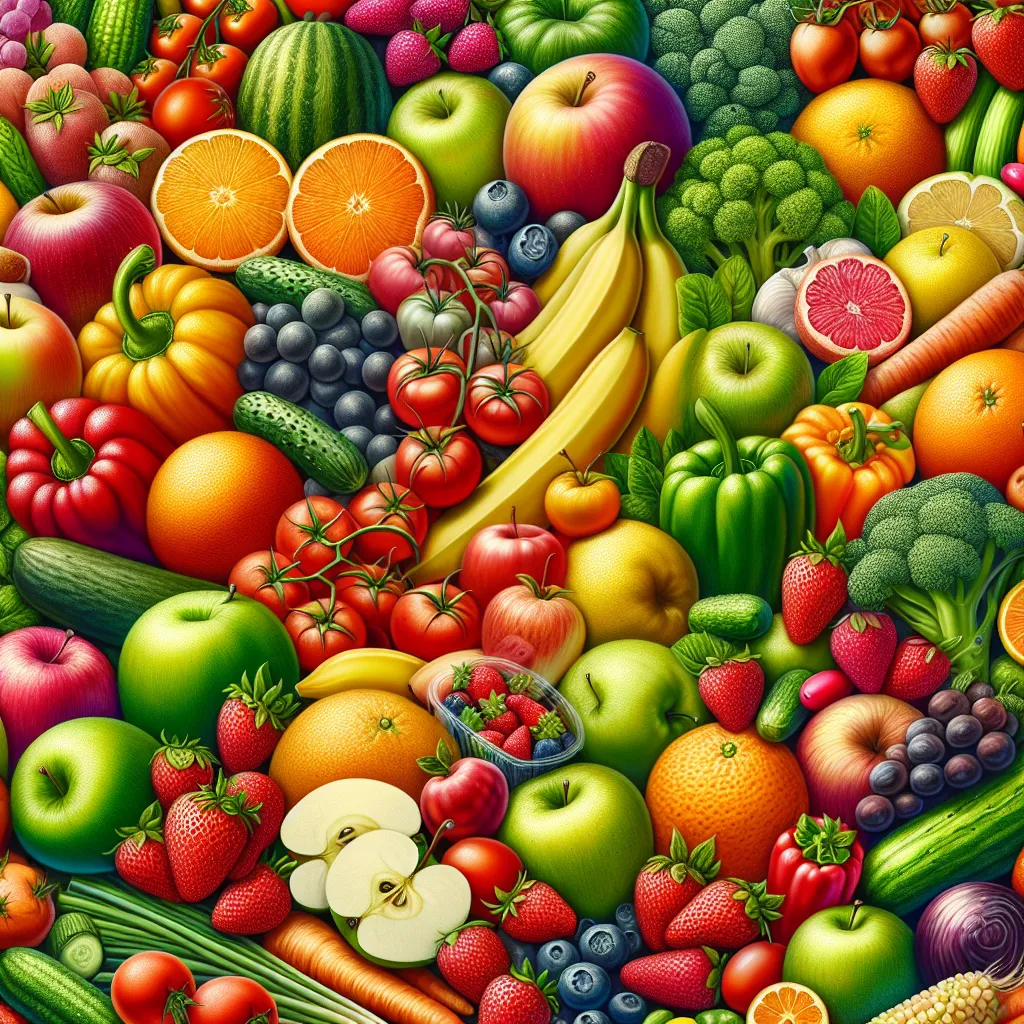The Benefits of Incorporating Healthy Snacks into Your Diet
As more people are becoming aware of the importance of maintaining a healthy diet, the trend of healthy snacking is on the rise. Incorporating healthy snacks into your diet can bring a multitude of benefits to your overall well-being. Firstly, healthy snacks can help to regulate blood sugar levels, providing you with a steady source of energy throughout the day. This can prevent the energy crashes often associated with consuming sugary or high-carb snacks. Additionally, healthy snacks can contribute to weight management by keeping you feeling full and satisfied between meals, thus reducing the likelihood of overeating during main meals.
Furthermore, healthy snacking can improve nutrient intake by providing an opportunity to include essential vitamins, minerals, and other nutrients that may be lacking in your main meals. For example, snacking on fruits, nuts, or yogurt can boost your intake of fiber, healthy fats, and protein. These nutrients are vital for maintaining a balanced diet and supporting your overall health. Moreover, incorporating healthy snacks into your diet can also have a positive impact on mental acuity, as certain foods have been found to enhance cognitive function and focus.
In conclusion, the benefits of incorporating healthy snacks into your diet are numerous and far-reaching. From stabilizing energy levels to supporting weight management and enhancing nutrient intake, healthy snacking plays a crucial role in promoting overall health and well-being. By making mindful choices and opting for nutritious snacks, individuals can take proactive steps towards improving their dietary habits and positively impacting their quality of life.
How to Make Smart Snacking Choices Throughout the Day
In the modern world, the importance of healthy snacking habits is becoming increasingly recognized. With busy schedules and on-the-go lifestyles, it’s crucial to make smart snacking choices throughout the day to maintain energy levels and overall well-being. Making informed decisions about snacks can have a significant impact on one’s health and productivity. Here are some strategies to help individuals make smart snacking choices:
1. Prioritize Nutrient-Dense Foods: When reaching for a snack, opt for nutrient-dense options such as fruits, vegetables, nuts, and seeds. These choices provide essential vitamins, minerals, and fiber, promoting a feeling of fullness and sustained energy.
2. Read Labels: Be mindful of the nutritional content of pre-packaged snacks. Look for lower levels of added sugars, sodium, and unhealthy fats. Choose snacks with recognizable ingredients and minimal processing.
3. Portion Control: Even healthy snacks can contribute to excess calorie intake if consumed in large portions. Use portion-controlled containers or pre-portion snacks into small bags to avoid overeating.
4. Balance Macronutrients: Aim for snacks that contain a balance of macronutrients, including carbohydrates, protein, and healthy fats. This combination helps maintain stable blood sugar levels and provides sustained energy.
5. Plan Ahead: Prepare healthy snacks in advance to avoid impulsive choices based on convenience. Having a variety of nutritious options readily available can prevent turning to less healthy alternatives.
By incorporating these strategies into one’s daily routine, it becomes easier to make smart snacking choices and support overall health and well-being.
Exploring the Connection Between Nutrition and Snacking
With the growing awareness of the importance of nutrition, the trend towards healthy snacking habits is on the rise. Individuals are increasingly recognizing the significance of consuming nutritious snacks to maintain energy levels, support metabolism, and promote overall well-being. This shift in snacking habits reflects a deeper understanding of the connection between nutrition and healthy living.
Exploring the connection between nutrition and snacking reveals that the quality of snacks directly impacts one’s health. Opting for nutrient-dense snacks such as fruits, vegetables, nuts, and yogurt provides essential vitamins, minerals, and antioxidants that contribute to overall health. Furthermore, these snacks offer sustained energy levels and aid in managing weight by curbing hunger and preventing overeating during main meals.
In contrast, consuming snacks high in refined sugars, saturated fats, and empty calories can lead to energy spikes followed by crashes, contribute to weight gain, and negatively impact long-term health. Understanding the nutritional value of snacks empowers individuals to make informed choices that align with their health goals.
Moreover, the connection between nutrition and snacking goes beyond physical health. Research has shown that a well-balanced diet, including healthy snacking, can positively influence cognitive function, mood, and emotional well-being. Nutrient-rich snacks can support brain health and help in managing stress, ultimately enhancing one’s overall quality of life.
As people continue to prioritize health and wellness, the exploration of the connection between nutrition and snacking underscores the significance of making mindful food choices. By embracing nutritious snacking habits, individuals can proactively contribute to their well-being and cultivate a positive relationship with food.
Building a Balanced Snack Routine for a Healthier Lifestyle
Building a balanced snack routine is essential for maintaining a healthier lifestyle, especially with the rise of healthy snacking habits in recent years. Many people are now recognizing the importance of choosing nutritious snacks to support their overall well-being. Incorporating a variety of food groups into your snack choices is a key component of creating a balanced snacking routine.
First and foremost, it’s important to include fruits and vegetables in your snack rotation. These foods are packed with essential vitamins, minerals, and fiber, making them ideal choices for promoting good health. Whether it’s a handful of berries, sliced cucumbers with hummus, or baby carrots, the options are plentiful and delicious.
Additionally, incorporating protein-rich foods such as nuts, seeds, Greek yogurt, or lean deli meats can help keep you feeling full and satisfied between meals. Protein is a crucial macronutrient that supports muscle repair and growth, making it an important component of any balanced snacking routine.
Whole grains are another vital element to consider when building a balanced snack routine. Options like whole grain crackers, rice cakes, or air-popped popcorn can provide fiber and sustained energy, helping to stave off those mid-afternoon energy slumps.
Furthermore, healthy fats from sources like avocado, olives, and nuts can be beneficial for heart health and satiety. Incorporating these fats into your snacks can add richness and flavor while providing essential nutrients.
By building a balanced snack routine that incorporates a variety of food groups, you can support a healthier lifestyle and contribute to overall well-being. Choosing nutrient-dense foods that provide a mix of vitamins, minerals, protein, fiber, and healthy fats is key to reaping the benefits of healthy snacking habits.



